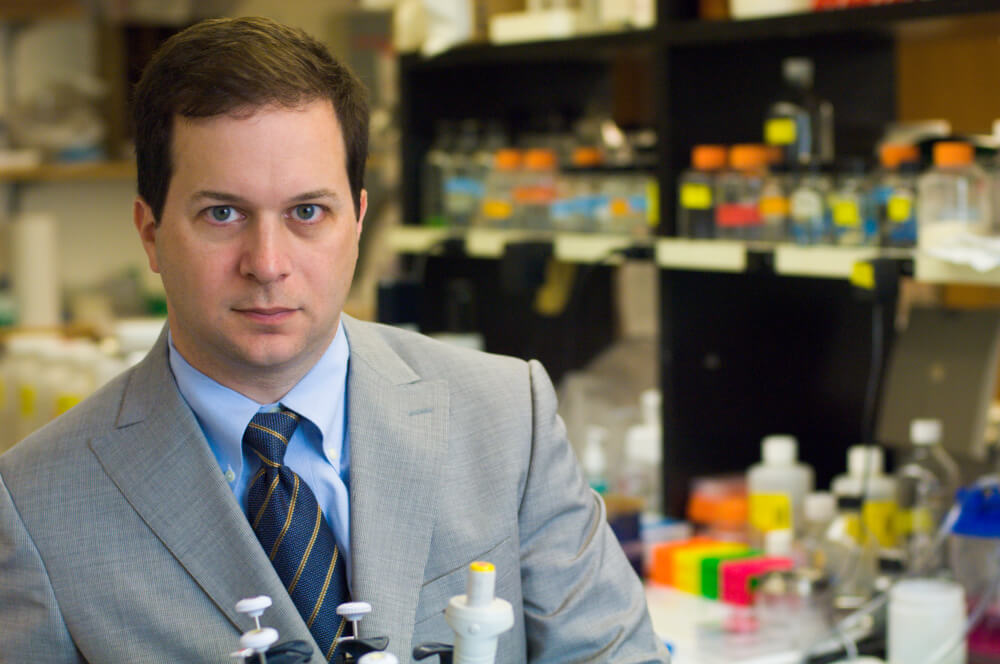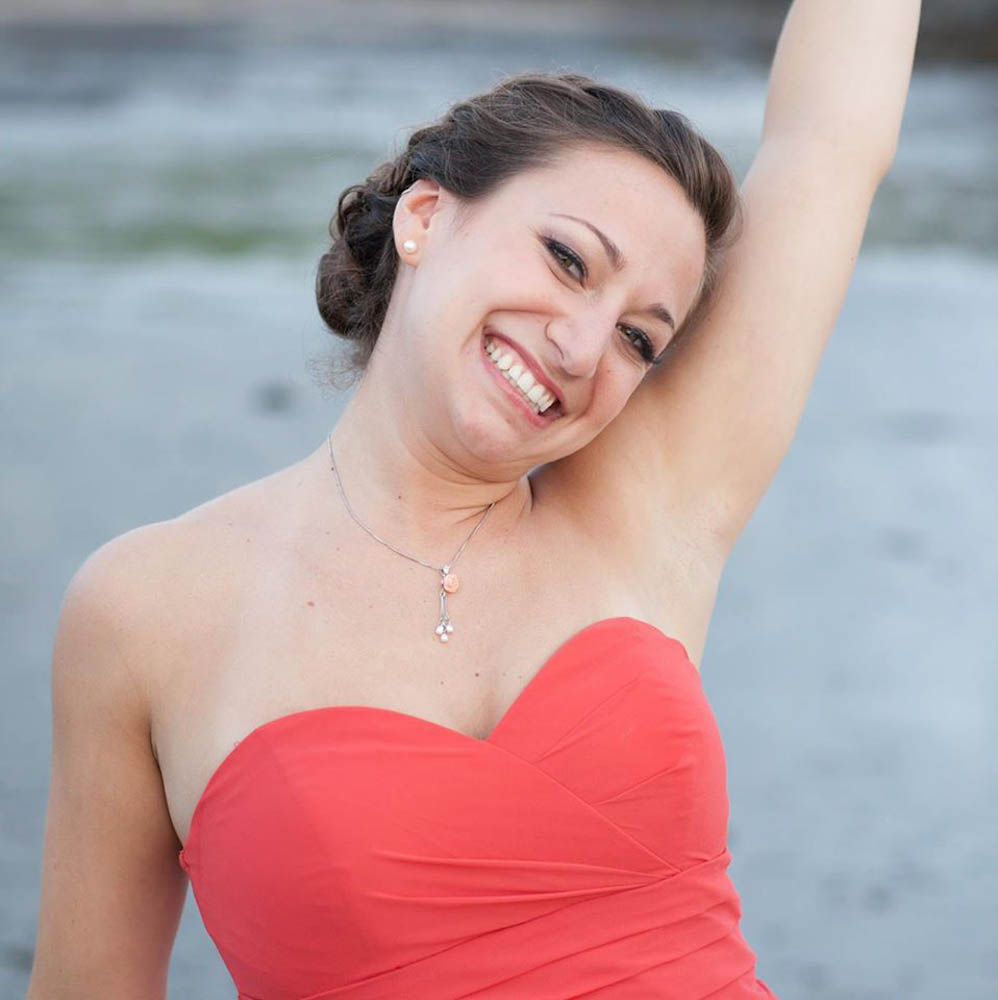Having a rare cancer can feel especially isolating. There are apt to be few physicians with experience treating that type of cancer and little research to guide patients. Opportunities to receive support from—and give support to—other patients with the same disease may also be scarce.
But there are a variety of steps such patients and their families can take to ensure they receive the best care, and most support, possible.
Dana-Farber’s Andrew Wagner, MD, PhD, who specializes in the treatment of very rare cancers called sarcomas, recommends that patients with rare cancers have the pathology samples of their cancer reviewed at a large academic medical center, where these cancers have been treated in the past. Such a review can be helpful in confirming or modifying an initial diagnosis.
Wagner also recommends that patients seek out physicians with experience in their particular disease. To find them, he suggests checking with one’s primary oncologist, joining an online patient support group, and doing an Internet search for research studies involving one’s particular type of cancer. Authors of these studies may be, or know of, experts in that form of cancer.

Wagner adds that patients with rare cancers, like all patients with cancer, are treated not just by physicians but by an entire team, consisting of nurses, pharmacists, radiologists, social workers, and other clinicians. Finding a team with expertise in one’s specific form of cancer can be critical.
In some cases, after an initial consultation at an academic medical center with experience in the rare cancer, it may not be necessary to travel there for ongoing treatment, Wagner notes. Physicians at such centers are often able to collaborate with patients’ local oncologists so patients can receive standard treatment near home.
Many of Wagner’s suggestions are echoed by cancer survivor Becky Sail, who was diagnosed at age 22 with aggressive angiomyxoma, type of sarcoma that has been reported in only 250 patients worldwide.
She advises patients to play an active role in guiding their treatment plan and ensuring coordination within their care team. “When you have a rare disease, you may have different doctors from different specialties,” she says. “It’s OK to speak out, ask questions, and make sure they’re in contact with one another.”

Sail counsels patients to work their networks of family and friends to help track down physicians familiar with the disease. “Think of everyone you know,” she says, “you never know where you’ll find useful information.” Comprehensive cancer centers, which conduct research and treat patients with a wide range of cancers, are most likely to have expertise in rare forms.
Sail also recommends that people diagnosed with rare cancers allow themselves sufficient time to process the diagnosis. “We don’t have a large community of people who have the same condition and who understand what we’re going through,” she says. But social media can be a powerful tool for connecting with others facing a similar diagnosis. “I found a group of women on Facebook from all over the world who have what I have,” Sail continues. “I’ve gotten more information from them than from an Internet search.”
For all that is unique, and uniquely challenging, about rare cancers, they raise many of the same concerns as those faced by people with more common cancers. And coping strategies that are beneficial for patients with rare cancers have value for all patients with cancer.
“Even though your disease is rare, you’ll find you can relate to other patients with cancer because they may be going through some of the same issues you are, like infertility,” Sail remarks.
Many of Sail’s suggestions have broad applicability. “Don’t put yourself in a box—don’t feel you have to be in a certain emotional place at a certain time,” she counsels. Above all, “don’t lose hope. Every time I go to my oncologist, I pick up one new little nugget of information that may be useful. Medicine is always advancing; new treatments are always evolving.”

very good. Gives one more hope. Diagnosed in 2016 with CMML leukemia and CANCER center of America in Zion, IL should be a good place for me to go.